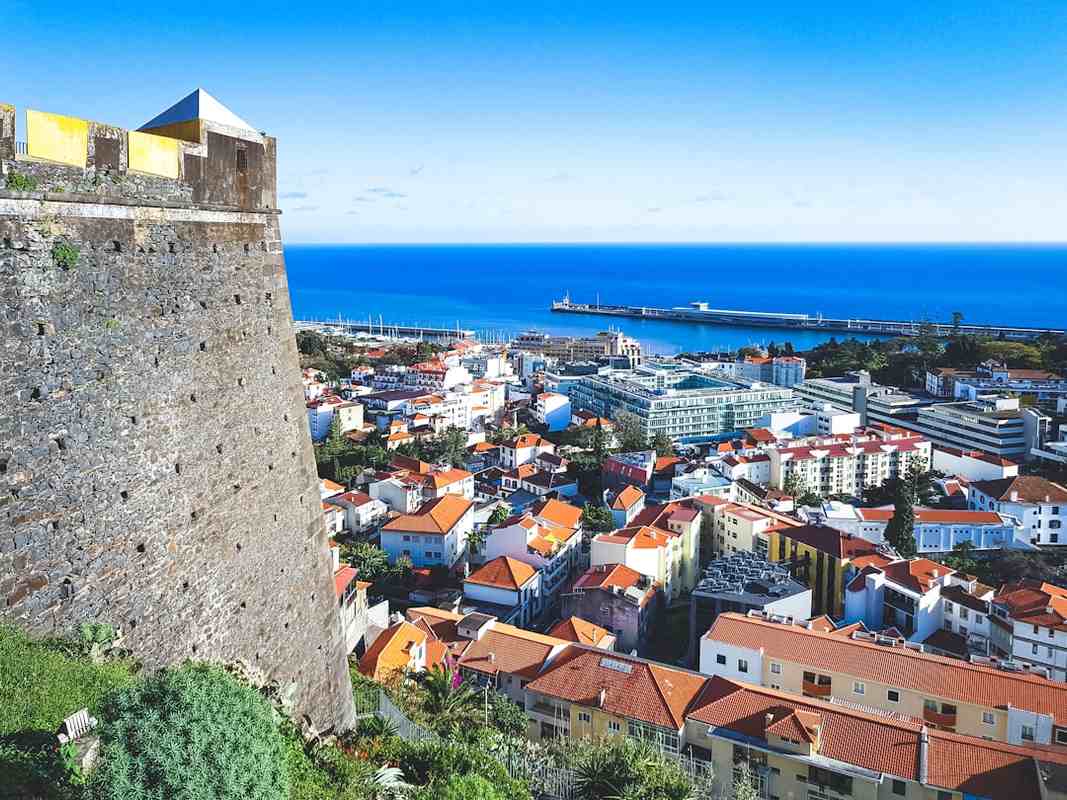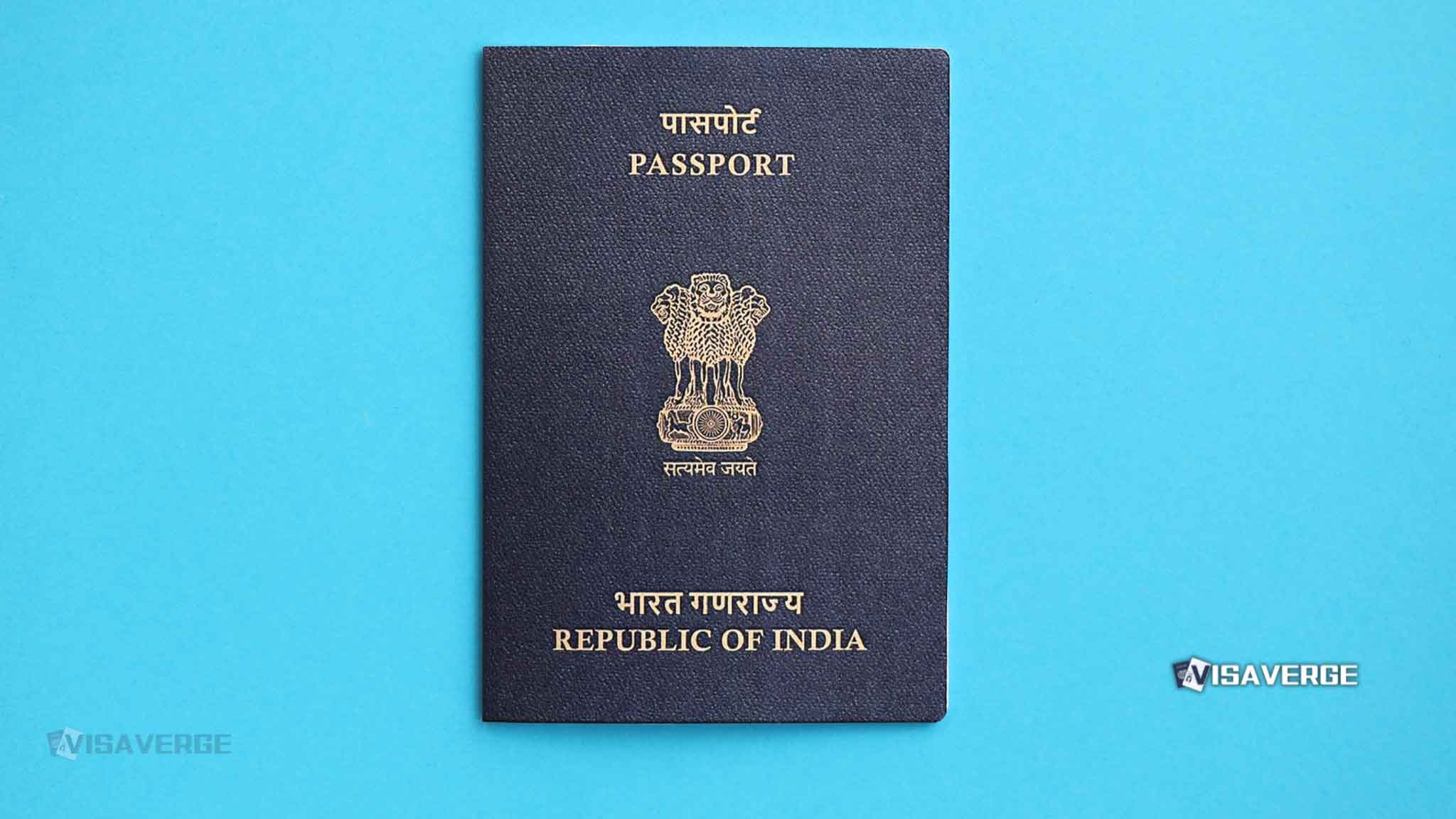Key Takeaways
• Immigrants comprise 15% of Portugal’s population but only 0.3% of registered voters by late 2024.
• Portugal plans to deport 18,000 undocumented migrants before the May 18, 2025, legislative election.
• Low foreign voter registration amplifies anti-immigration rhetoric and limits political influence for immigrants.
Portugal’s ongoing debates over voting rights for foreigners have taken center stage as the country prepares for its legislative election on May 18, 2025. Alongside this issue, the government’s new deportation policies have raised fresh questions about the role and rights of immigrants in the country. For many, these are not just political talking points—they’re issues that touch the heart of daily life for Portugal’s growing foreign population.
Low Political Representation: Foreigners and the Right to Vote

Looking at the numbers, it’s clear that foreigners make up an important part of Portugal’s population but remain a small voice in its politics. By late 2024, immigrants accounted for about 15% of Portugal’s residents, according to official data. Still, when it came to registered voters, these same foreigners made up only 0.3%. Out of around 1.6 million foreign residents, just 34,165 (or 3.3%) had signed up to vote.
This gap raises some basic questions. Why are so few foreigners registered? The answer comes down to the rules:
- Foreigners who become Portuguese citizens are automatically registered to vote.
- Other foreigners must register by choice, which many do not do.
- Out of the foreigners who are registered, Brazilians (25.03%) and Cape Verdeans (16.89%) are the biggest groups.
Many experts say this low number of foreign voters keeps immigrants out of public life and weakens their ability to shape decisions that affect them. A detailed study by the Office of Economic, Business and Public Policy Studies (G3E2P) at the University of Porto shows that immigrants in Portugal take part very little in politics. This lack of participation makes it harder for them to fit into everyday life in the country. It also opens the door for some political groups to argue against immigration, often using these low levels of involvement as evidence.
The Social Impact of Limited Voting Rights
Low participation impacts more than elections. When immigrants are not well represented, their challenges, needs, and hopes are less likely to be addressed. The G3E2P study points out that the level of involvement by foreigners in Portuguese political parties is extremely low, often nonexistent. This isn’t only true for Portugal; it’s a pattern seen across Europe. Without a seat at the table, it’s simply harder for immigrants to make their voices heard.
The study’s researchers also mention that naturalizing as a Portuguese citizen becomes possible after five years of living in the country. Doing so unlocks strong political rights—full voting rights, access to government services, and the chance to run for office. Still, since so few foreigners register to vote or join political parties, the effect of these rights in real life stays very limited.
Portugal’s Deportation Policy: A New Tension Point
The debate over voting rights is happening at the same time as Portugal’s government enforces strong new rules for foreigners living in the country without the right documents. In early May 2025, just weeks before the snap legislative election, the government announced plans to deport about 18,000 undocumented migrants.
António Leitão Amaro, the Minister of the Presidency, explained the government’s plan:
“Portugal needs to review its deportation system, which doesn’t work… Portugal is one of the three countries in Europe that executes the fewest deportations of people who were ordered to leave for violating the rules, including for security reasons.”
The new push for deportations began quickly, with officials issuing notices to 4,500 migrants early in May. These notices gave people only 20 days to leave the country on their own. In reality, though, the government said that more than 110,000 cases still need to be looked at, and many more rejections are likely to follow.
Political Motives and Election Tactics
The announcement of the deportation policy just ahead of the May 18 election has not gone unnoticed. Critics say the move is politically motivated, meant to appeal to voters who worry about immigration, and possibly to take votes away from the far-right Chega party. Some have accused Prime Minister Luís Montenegro’s government of “electioneering” and using the policy for propaganda.
Pedro Nuno Santos, the leader of the Socialist party, called the plan a “Trumpification” of Portuguese politics—drawing a direct comparison to tough U.S. immigration polices first set by President Trump. Santos and others argue that the sudden focus on deportations may simply be an attempt to look strong on security before voters head to the polls.
Meanwhile, the far-right Chega party, led by André Ventura, has kept a sharp focus on immigration, often claiming that foreigners bring security threats. Their message has struck a chord with some voters, especially as immigration numbers have soared.
A Dramatic Rise in Immigration Fuels the Debate
Immigration in Portugal has grown rapidly in recent years. In 2018, the country counted fewer than 500,000 legal immigrants. By early 2025, that number had jumped above 1.5 million—a major change for a country with just over 10 million people.
This increase has made immigration a top issue both for politicians and for the people. For some, the growing foreign community brings fresh ideas, workers, and families. For others, it comes with fears about jobs, social cohesion, and cultural identity.
As reported by VisaVerge.com, the G3E2P study argues that if major political parties made an active effort to recruit immigrants as candidates, Portugal’s parliament would better reflect the country’s real population. They say this step could help immigrants feel more integrated and involved, while also making Portugal’s democracy stronger.
Why So Few Foreign Voters?
With the issues at stake, why do so few foreigners in Portugal register to vote? There are several key reasons:
- Education and Outreach: Many immigrants don’t know they have the right to register or aren’t sure how the process works.
- Legal Requirements: Only those from specific countries, or who meet certain residency rules, have some voting rights before becoming citizens. For others, only Portuguese nationality opens the door to voting.
- Voluntary Registration: Foreigners must take extra steps to sign up, whereas new citizens are registered automatically.
- Social Disconnection: Without strong community roots or involvement in political parties, many immigrants may feel that voting won’t make a difference.
- Language Barriers: Not speaking Portuguese fluently can make it harder to keep up with election news, debates, or understand the details needed to register.
All these factors combine to keep registration numbers low, even though immigrants are a large part of the country.
Comparing with Other European Countries
Portugal’s low rates of foreign voter registration match patterns seen in many countries around Europe. In general, foreign residents across the continent have limited involvement in political life. This disconnect has wider impacts—public policies might not fit their needs, and the sense of belonging can fade.
Some European nations allow long-term residents to vote in local elections, while others only let citizens take part at the national level. In Portugal, it’s possible for some foreign residents to vote in local contests, but to vote for the national parliament, you must have Portuguese citizenship.
The Broader Impact: Social Integration and Anti-Immigration Rhetoric
Political inclusion is not only about going to the polls. When immigrants can vote, join parties, or even run for office, it helps them feel at home in their new country. The G3E2P study underlines that weak political participation by immigrants makes it easier for some groups to argue against their presence in the country.
Indeed, when immigrants are seen as outsiders, or as not taking part in public life, it gives political parties—especially populist and far-right ones—more room to portray them as a threat. This cycle can hold back integration, lead to greater social division, and limit the benefits that diversity brings.
Political Paths Forward: Reform Ideas
Several ideas have come up as ways to address these issues:
- Easier Naturalization: Shortening the time needed to become a citizen, or making the process clearer, could help more foreign residents get full voting rights in Portugal.
- Better Education: Clearer information in more languages could help immigrants learn about their rights and the steps to register to vote.
- Community Outreach: Special programs designed to welcome new arrivals and help them get involved might raise participation rates.
- Party Recruitment: Political parties could make a real effort to reach out to immigrants, encouraging them both to vote and to run for office.
Experts stress that making immigrants more visible in politics is not just about fairness—it can help prevent anti-immigrant feelings and make sure policies meet the needs of everyone who lives in the country.
The Role of Deportation in Shaping the Debate
The new deportation policy has put the government’s approach to foreigners back in the spotlight. Supporters argue that the system needs to be more effective, especially for those who break the rules or have security problems. But critics say the timing is suspicious and may have more to do with winning votes than solving real issues.
Issuing notices to thousands of people, asking them to leave the country with only 20 days’ warning, has real effects on families and communities. For many, it brings fear and insecurity. At the same time, the government points to low rates of deportation compared with other European Union countries as proof that Portugal needs stronger action.
How this policy plays out—and how it connects to the rights of immigrants to vote or take part in politics—will be closely watched throughout the election period and beyond.
Looking Back: Historical Context
Portugal has a long history of welcoming people from outside its borders. In the past, the country sent many of its own citizens abroad as migrants. Today, it is a destination for people looking to build better lives. The rapid rise in immigration over the last decade is both a result of global changes and of Portugal’s own policies, which in some areas are more open than those of neighbors.
At the same time, as in many places, political parties are divided over how welcoming the country should be. These debates shape how foreigners are seen—either as a positive force or as a challenge that needs managing.
Key Takeaways and What’s Next
As Portugal’s election approaches, the debate over voting rights for foreigners and harsh new deportation rules has grown louder. Key facts stand out:
- Immigrants make up 15% of the population but are only 0.3% of voters.
- Most foreign residents who do vote have already become Portuguese citizens.
- New deportation plans target 18,000 undocumented migrants, with possibly more to follow.
- Low voter registration for foreigners leads to less political influence and lower chances for better social mixing.
- Political parties and the public remain divided about the best path forward.
What happens next will depend on the choices of the country’s leaders and the willingness of the public to see immigrants not only as workers but as full members of society. Stronger efforts to include foreigners in political life could help Portugal remain a welcoming and open democracy. For those interested in the legal side or the rights of immigrants, further details can be found at Portugal’s official government website, which gives updates on the latest rules and policies.
The story of voting rights for foreigners in Portugal continues to unfold, shaped by the big issues of community, security, and democracy. As debates continue, all eyes are on how both immigrants and the country as a whole respond in the months ahead.
Learn Today
Naturalization → The process where a foreign national meets country requirements to become a full legal citizen, including rights to vote.
Deportation → The formal removal of non-citizens from a country, often due to legal status violations or security issues.
Snap Legislative Election → An election called earlier than scheduled, often amid political tension, to elect representatives for parliament.
Voluntary Registration → The process where eligible foreign residents must proactively register themselves to vote, unlike automatic citizen enrollment.
Anti-Immigrant Rhetoric → Political or social language that portrays immigrants as problematic or a threat, often fueling exclusion or discrimination.
This Article in a Nutshell
Portugal faces decisive change as debates over foreign voting rights and new deportation policies coincide with its May 2025 election. Immigrants, making up 15% of the population, hold little political power. Increased deportations and low registration spotlight the urgent need for integration, social inclusion, and informed reform in Portuguese democracy.
— By VisaVerge.com
Read more:
• Logan Airport Lands New TAP Air Portugal Route
• Brazilian Visa Applications to Portugal Jump by 56% in Early 2025
• Golden Visa brings €1.2 billion to Portugal’s Porto and other cities
• Retirement in Portugal: What US Citizens Need to Know Before Moving
• Portugal Golden Visa raises investment threshold for 2025 applications













